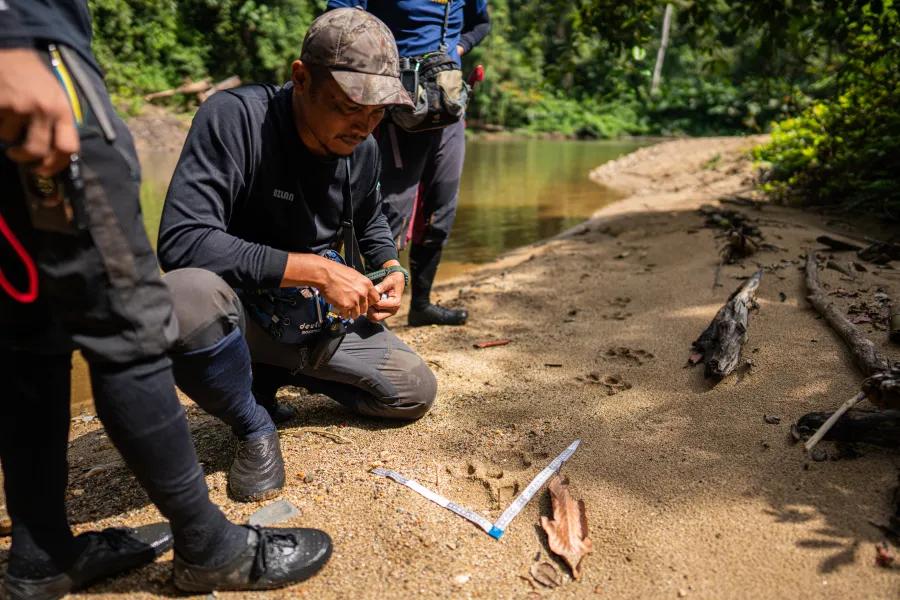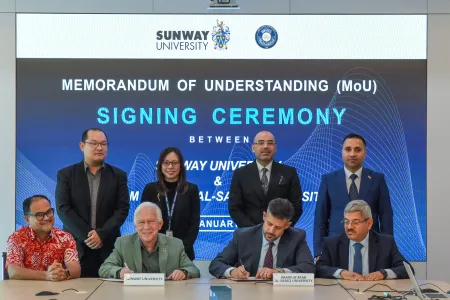Groundbreaking Study Links Tiger Trafficking to Human Exploitation
A new study from Panthera, the Jeffrey Sachs Center at Sunway University, and ZSL reveals a connection between the illegal trade of tiger parts and human trafficking on fishing vessels in the South China Sea. The economic challenges in Malaysia and Vietnam’s fisheries sector, combined with weak migrant worker regulations, have created conditions for both wildlife and human trafficking. Over six months, a researcher interviewed individuals with knowledge of smuggling routes and wildlife trade, shedding light on how criminal networks facilitate tiger poaching and trafficking.
The study highlights that the Malayan tiger is critically endangered, with fewer than 150 individuals remaining in the wild. Poachers, primarily from Quang Binh, Vietnam, often take on significant risks, including debt bondage, forced labour, and child labour while engaging in illegal fishing and wildlife trade. Many poachers are lured by the potential income, despite the dangerous nature of the trade and the legal consequences involved. The research also identifies the role of network managers in organizing poaching operations, emphasizing the need for targeted interventions to disrupt trafficking.

While Malaysia has strengthened penalties for wildlife crimes and enhanced enforcement through agencies like the Malaysian Maritime Enforcement Agency, the study suggests that behavioural change interventions and better governance of migrant labour could further reduce poaching. Panthera’s research emphasizes the importance of addressing the root causes of poaching, such as poverty, and improving enforcement and oversight to break the cycle of exploitation and trafficking that endangers both wildlife and human lives.
More details about this can be found here:






